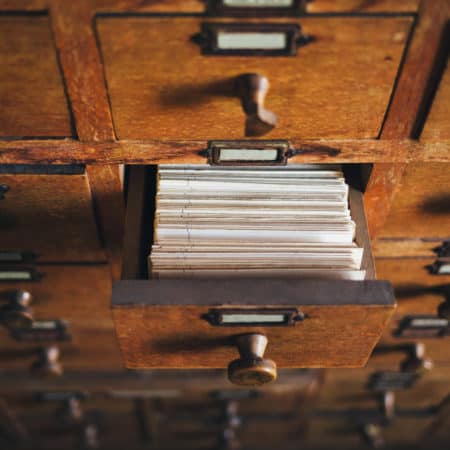Open Folklore

“Open access is a broad international movement that seeks to grant free and open online access to academic information, such as publications and data. A publication is defined ‘open access’ when there are no financial, legal or technical barriers to accessing it – that is to say when anyone can read, download, copy, distribute, print, search for and search within the information, or use it in education or in any other way within the legal agreements.”
– Open Access.nl
Introduction
Open Folklore is an ongoing project of the American Folklore Society. Its purpose is to learn about, better understand, and encourage open access practices in folklore studies. Since the project’s founding in 2011, many individuals and organizations in folklore studies have together built an enviable scholarly communication system through which a wide range of scholarly and public-facing materials are now widely available. OF is continuing to encourage and publicize this work for the benefit of students, scholars, tradition bearers, specific communities and interested publics.
On the Open Folklore Highlights page, you will find a listing of some of the key open access collections developed for folklore studies since the founding of the project in 2011. A brief history of Open Folklore is given below.
Today, open access practices are understood by a significant number of folklorists and many folklorists create and use open access scholarship and public program materials on a near constant basis. But when the Open Folklore Project was begun in 2011, the landscape was quite different. Scholarly societies, university presses, and other publishers were quite uncertain about newly heard calls to shift publishing towards free and open models. Scholars were often eager to make their work more widely available, but they did not know how this could be done. When the tried to do it, they often did so in ways that were both not technically sustainable and in violation of author agreements and copyright laws. Students were often frustrated by the difficulties that they faced in discovering and accessing key works in the field. No one would claim that these problems are solved and the present is a utopia. But, the situation in 2011 and the situation today are quite different. Much has been learned and much has been accomplished. Our scholarly communications system is still stressed and strained, but open access is no longer confusing and real progress has been made. For folklore studies as a field, many people and organizations have contributed to these advancements.
When Open Folklore began, it was framed primarily as an educational endeavor to promote knowledge of open access practices in and for folklore. It was also a learning endeavor, as folklorists, folklore studies publishers, and librarians working with folklorists and folklore studies collections sought to better understand the changing landscape in their corner of the scholarly communications realm. Finally, during a period of intense activity from about 2011 to 2015, an active team of project participants from AFS, the Indiana University Department of Folklore and Ethnomusicology and the Indiana University Libraries worked to move numerous significant bodies of folklore studies scholarship into open access repositories.
On the Open Folklore Portal (2011-2024)
In the early phase of this project (2011-2012), Open Folklore project team members undertook an experiment. Like many other digital projects launched in this time, this experiment took on a life of its own and for a time it became synonymous with the larger Open Folklore effort. This was a digital portal that aggregated information on open access scholarly resources residing in journals and digital collections across the web. The name for this tool was the Open Folklore portal. It was an innovation, and it taught the Open Folklore team a number of lessons. It was also a useful tool for research and, as a demonstration project, it helped the Open Folklore Project win an Outstanding Collaboration Citation from the Association of Library Collections and Technical Services, a section of the American Library Association, in 2011. But it was an experiment and as with other digital platforms and tools, the world change around it. Widely used resources such as Google Scholar began doing what the Open Folklore Portal could do in more useful ways and changing staff, changing priorities, and real practical maintenance challenges led the AFS and the IU Libraries to close the portal in 2024. It is important to understand that the Open Access Portal never contained open access materials (such as journal articles or books or syllabi). Instead, it just contained information on those materials in the real places where these could be on the internet in various digital repositories and journal platforms.
Appreciation
During its first phase (2011-2024), the Open Folklore Project was a joint partnership project of the Indiana University Libraries and the American Folklore Society. In its second phase, the project will continue its original mission of promoting knowledge of open access practices, and scholarly communication issues more broadly, within the membership of the American Folklore Society and among academic folklorists, public folklorists, and community scholars. The goals of this phase will be modest and sustainable in a time when many universities, scholarly societies, and other partner organizations are challenged to address a wide range of concerns with constrained resources. The American Folklore Society is deeply appreciative of the extraordinary generosity and exemplary contributions that the Indiana University Libraries made to the Open Folklore Project and to the field of folklore studies throughout the first phase of the project.
Open Folklore Resources (coming soon!)
Elsewhere on the AFS website, a range of open access folklore resources are summarized, and linked to.
Despite our best efforts, we do sometimes make mistakes and are happy to correct any errors that you may come across on our site. Should you find an error, please submit one via the “submit a correction” link.